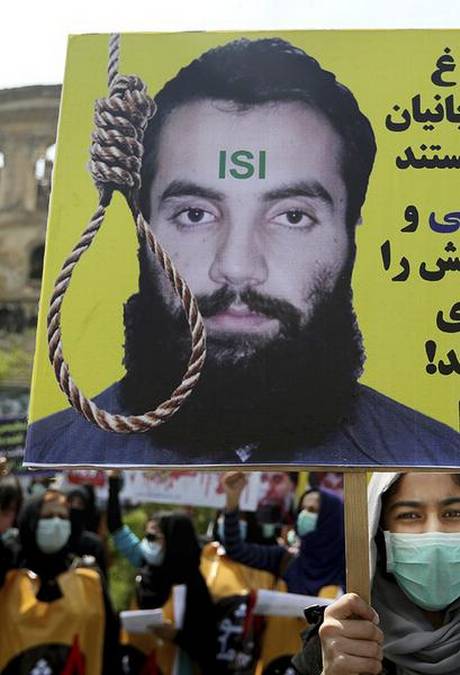After days of speculation, Afghan President Ashraf Ghani confirmed that the government has decided to free convicted terrorist Anas Haqqani in exchange for two foreign nationals, who were abducted in 2016.
In a statement, Mr. Ghani announced that the Afghan government would conditionally release three key members of the Haqqani network, an insurgent group with close ties to the Taliban, including Anas Haqqani, son of the group’s founder. While it is not clear, when the exchange will take place, the deal will facilitate the freeing of U.S. national Kevin King and Australian citizen Timothy Weeks, both professors at the American University of Afghanistan in Kabul who were taken just weeks ahead of a major attack on the Kabul campus in August 2016. It is believed that they are currently held by the Haqqani Network in Pakistan.
‘Nothing in it for Afghans’
While the upcoming release of the long-time captive teachers was welcomed by Afghans, many also expressed deep concerns over the release of Haqqani, who is responsible for many attacks across Afghanistan. “Anas Haqqani is a criminal of the Afghan people and he should have been punished for the crimes he committed. This exchange is a deal between the U.S. and Pakistan, and results in two foreign citizens, one of whom is American [being freed]. What do we Afghans get in return?” questioned Idrees Stanikzai, a political activist and leader of the Youth Trend Movement, a grass-roots political organisation. Mr. Stanikzai, who is an Afghan government loyalist and an otherwise strong supporter of Mr. Ghani’s re-election bid, said he was disappointed with the news of Haqqani’s release. “This is an achievement for President Trump ahead of their 2020 election. Not for Afghans,” he pointed out.
Read full report on The Hindu
